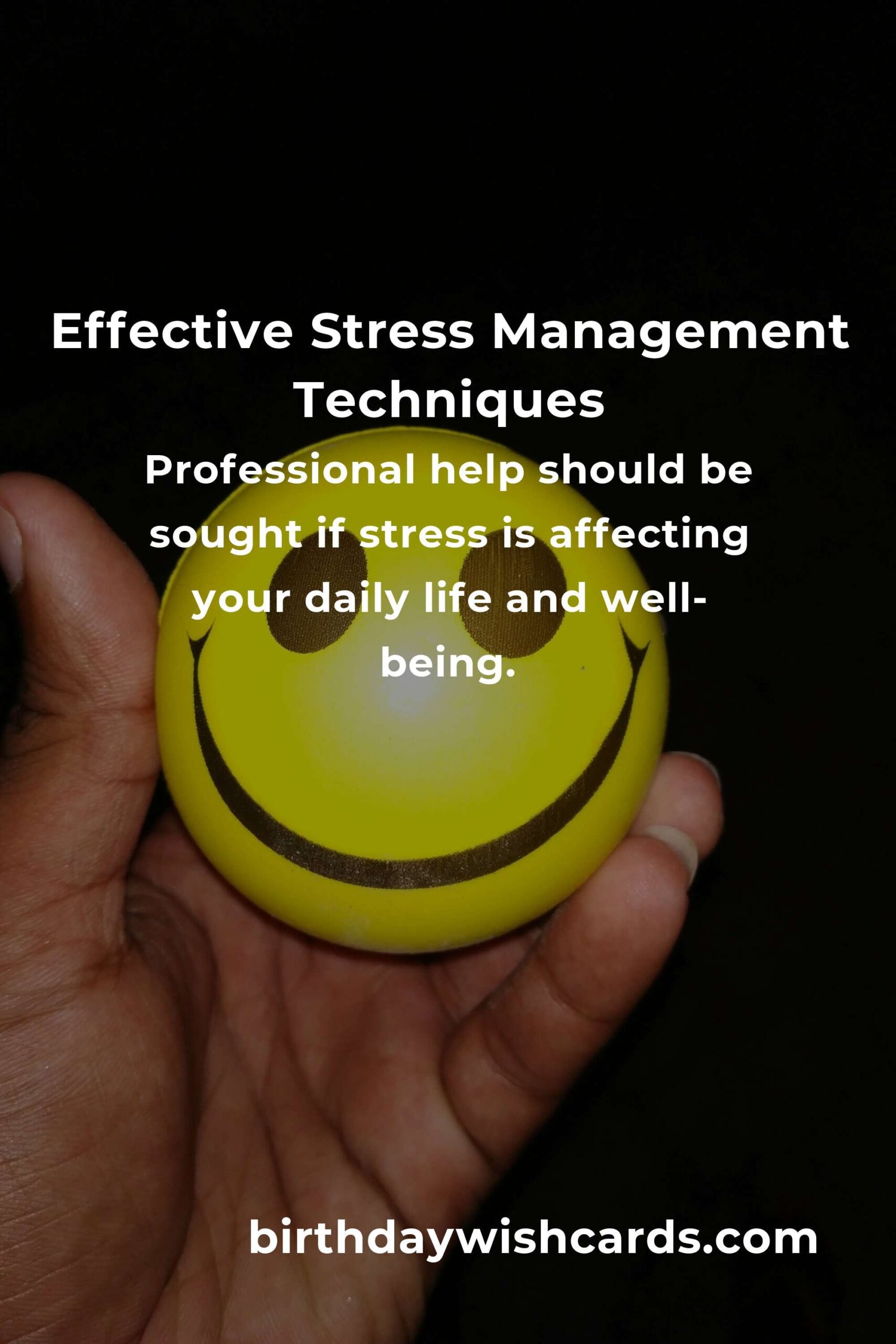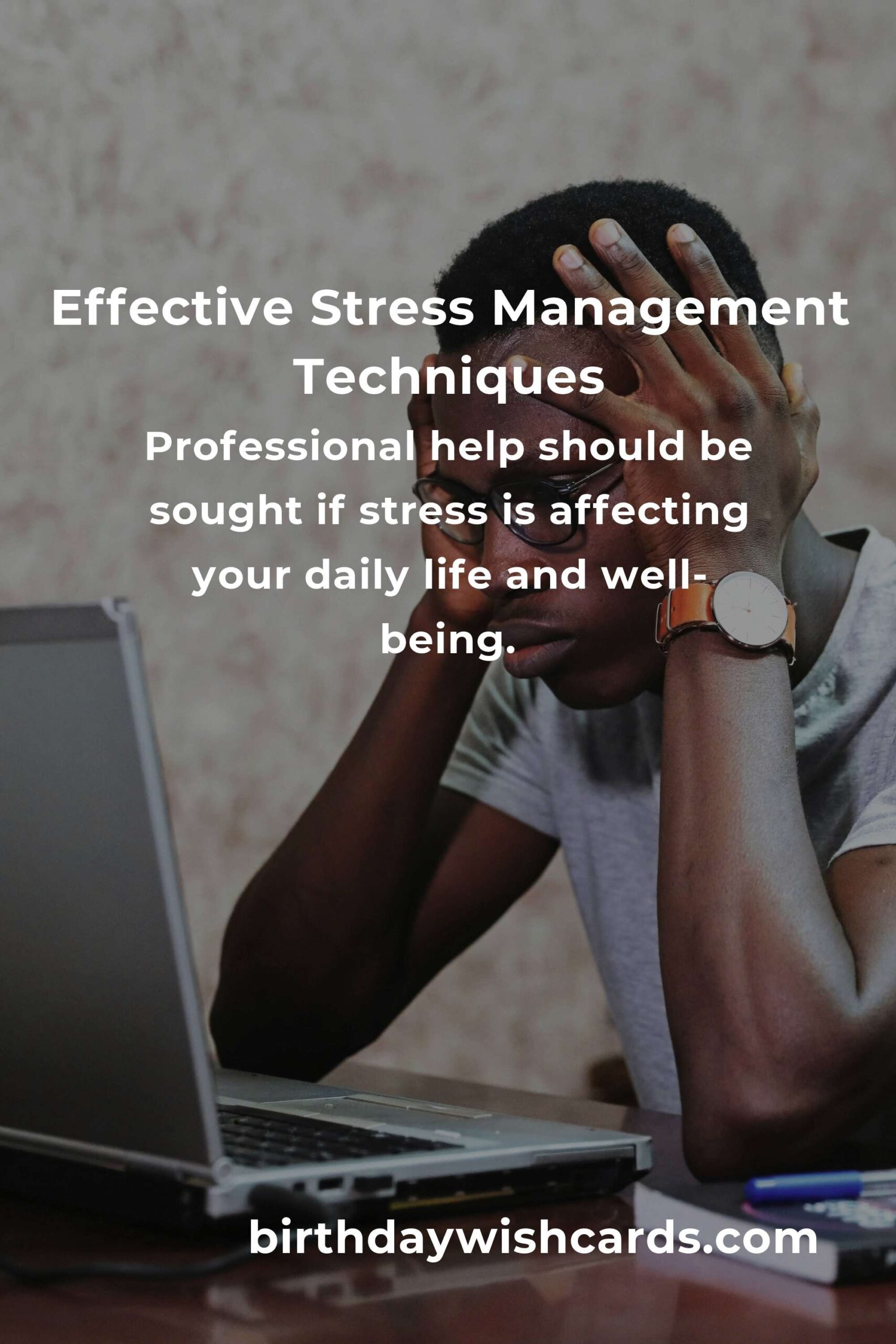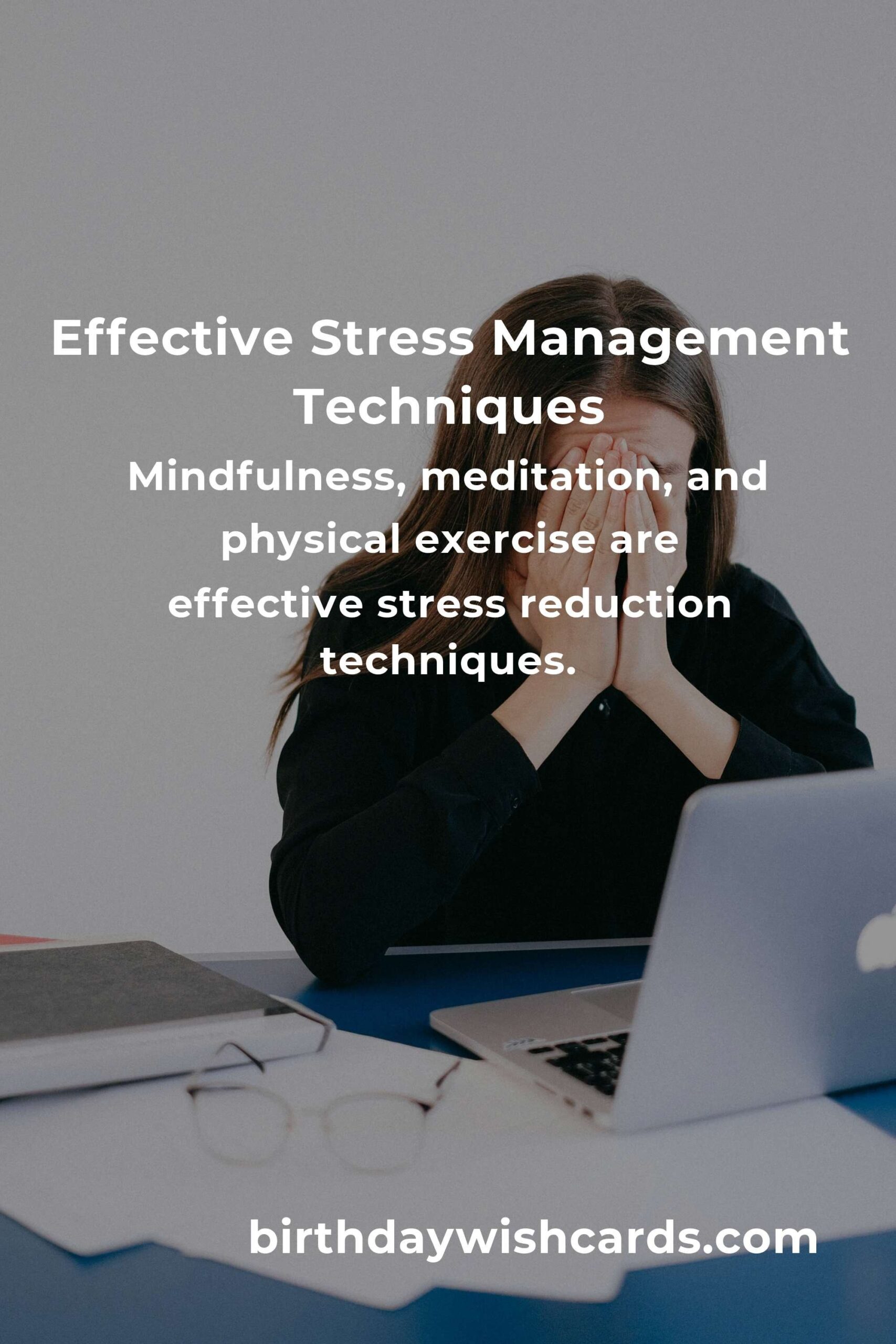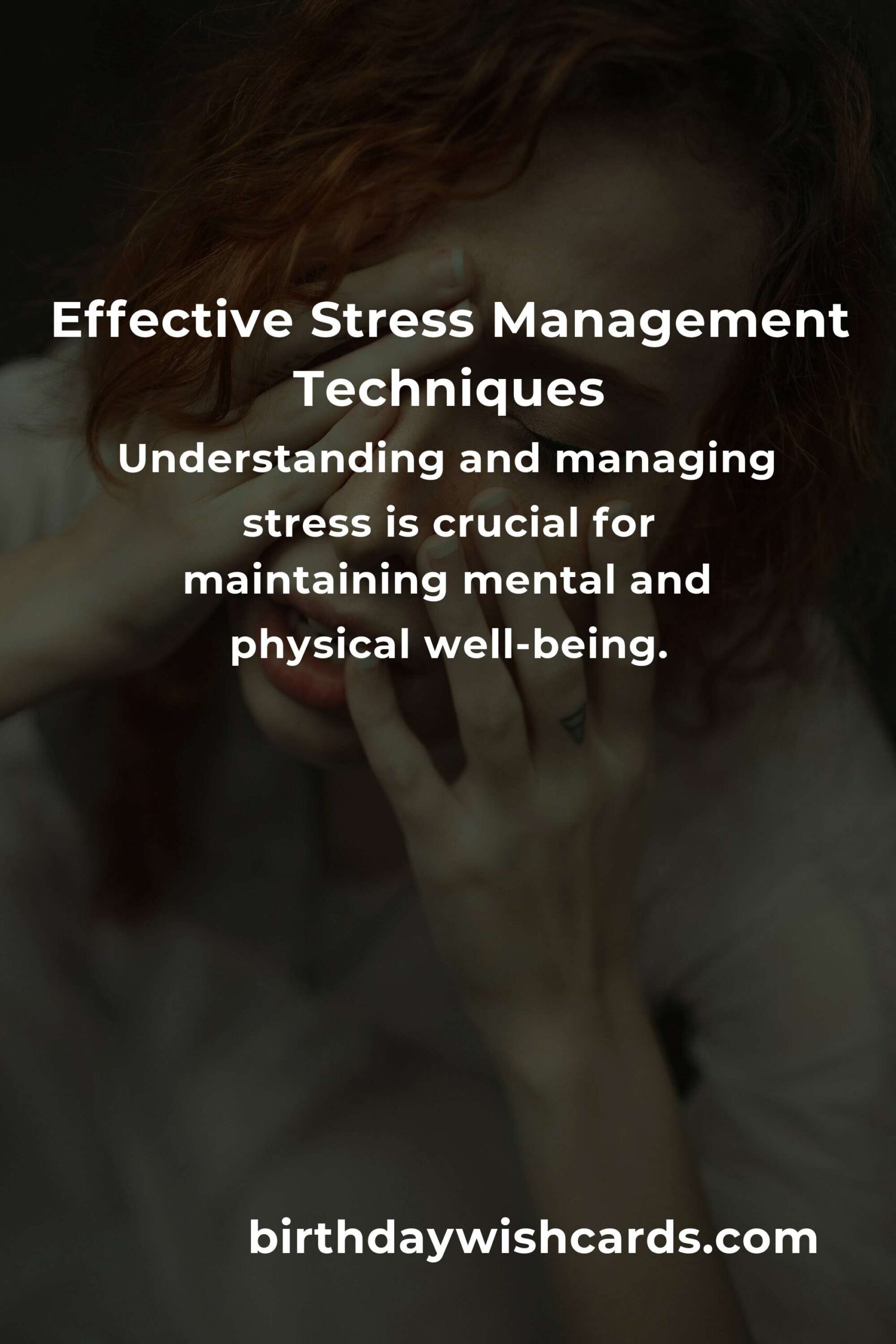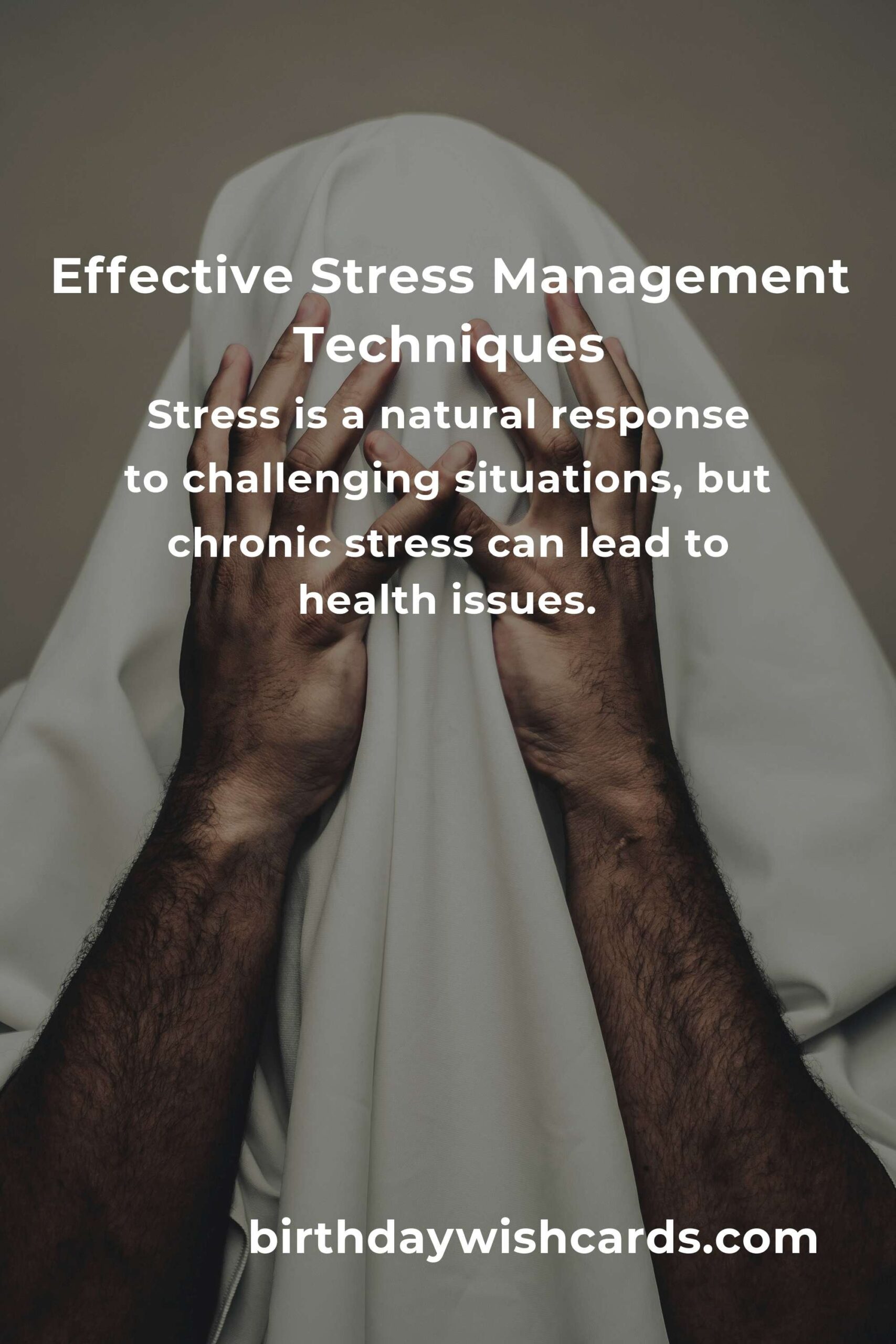
In today’s fast-paced world, stress has become a common part of our daily lives. Understanding and managing stress is crucial for maintaining mental and physical well-being. This comprehensive guide aims to demystify stress management blueprints, offering practical techniques and insights to help you lead a more balanced life.
Understanding Stress: The Basics
Stress is a natural response to challenging situations. It triggers the body’s fight-or-flight response, releasing hormones like adrenaline and cortisol. While short-term stress can be beneficial, chronic stress can lead to health issues such as anxiety, depression, and cardiovascular problems.
Identifying Your Stressors
The first step in stress management is identifying the sources of stress in your life. Common stressors include work pressures, financial difficulties, relationship issues, and health concerns. Keeping a stress journal can help you pinpoint specific triggers and patterns.
Effective Stress Management Techniques
Once you have identified your stressors, the next step is to implement effective stress management techniques. Here are some proven methods:
1. Mindfulness and Meditation
Mindfulness and meditation are powerful tools for stress reduction. These practices encourage focusing on the present moment, helping to calm the mind and reduce anxiety.
2. Physical Exercise
Regular physical activity is one of the most effective ways to combat stress. Exercise releases endorphins, which are natural mood lifters. Aim for at least 30 minutes of moderate exercise most days of the week.
3. Healthy Lifestyle Choices
A healthy diet, adequate sleep, and avoiding excessive alcohol and caffeine can significantly impact your stress levels. Ensure you get 7-9 hours of sleep per night and consume a balanced diet rich in fruits, vegetables, and lean proteins.
4. Time Management
Effective time management can help reduce stress by allowing you to prioritize tasks and set realistic goals. Use tools like planners or digital apps to organize your schedule and avoid last-minute rushes.
5. Social Support
Connecting with friends and family can provide emotional support and help buffer against stress. Don’t hesitate to reach out to your support network during challenging times.
Professional Help: When to Seek It
Sometimes, managing stress on your own may not be enough. If stress is affecting your daily life and well-being, it may be time to seek professional help. Therapists and counselors can provide guidance and strategies tailored to your needs.
Conclusion: Taking Control of Stress
Stress is an inevitable part of life, but with the right strategies, you can manage it effectively. By understanding your stressors and implementing proven techniques, you can lead a calmer, more fulfilling life. Start your journey to stress management today and take control of your well-being.
Understanding and managing stress is crucial for maintaining mental and physical well-being. Stress is a natural response to challenging situations, but chronic stress can lead to health issues. Identifying your stressors is the first step in stress management. Mindfulness, meditation, and physical exercise are effective stress reduction techniques. Professional help should be sought if stress is affecting your daily life and well-being.
#StressManagement #Mindfulness #Health #WellBeing #MentalHealth

